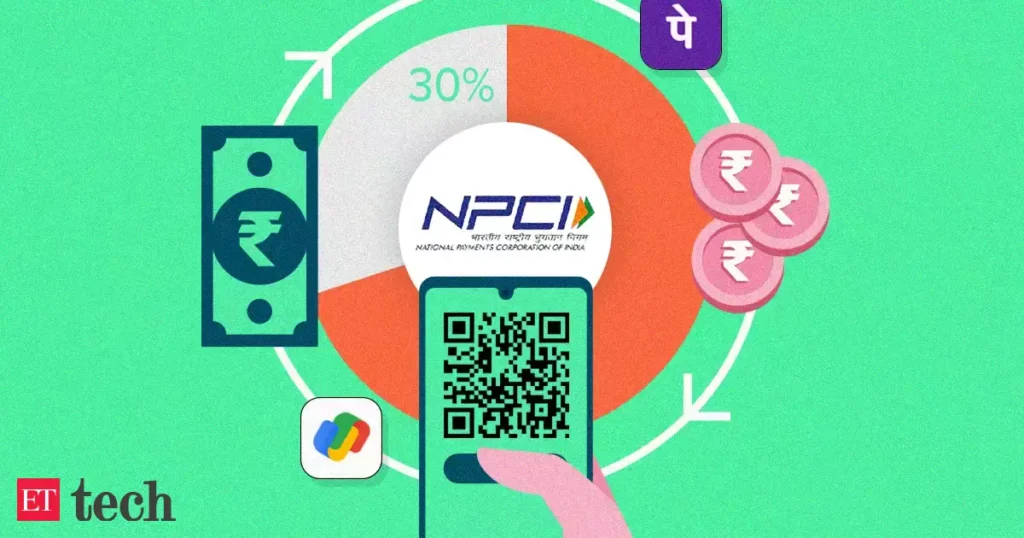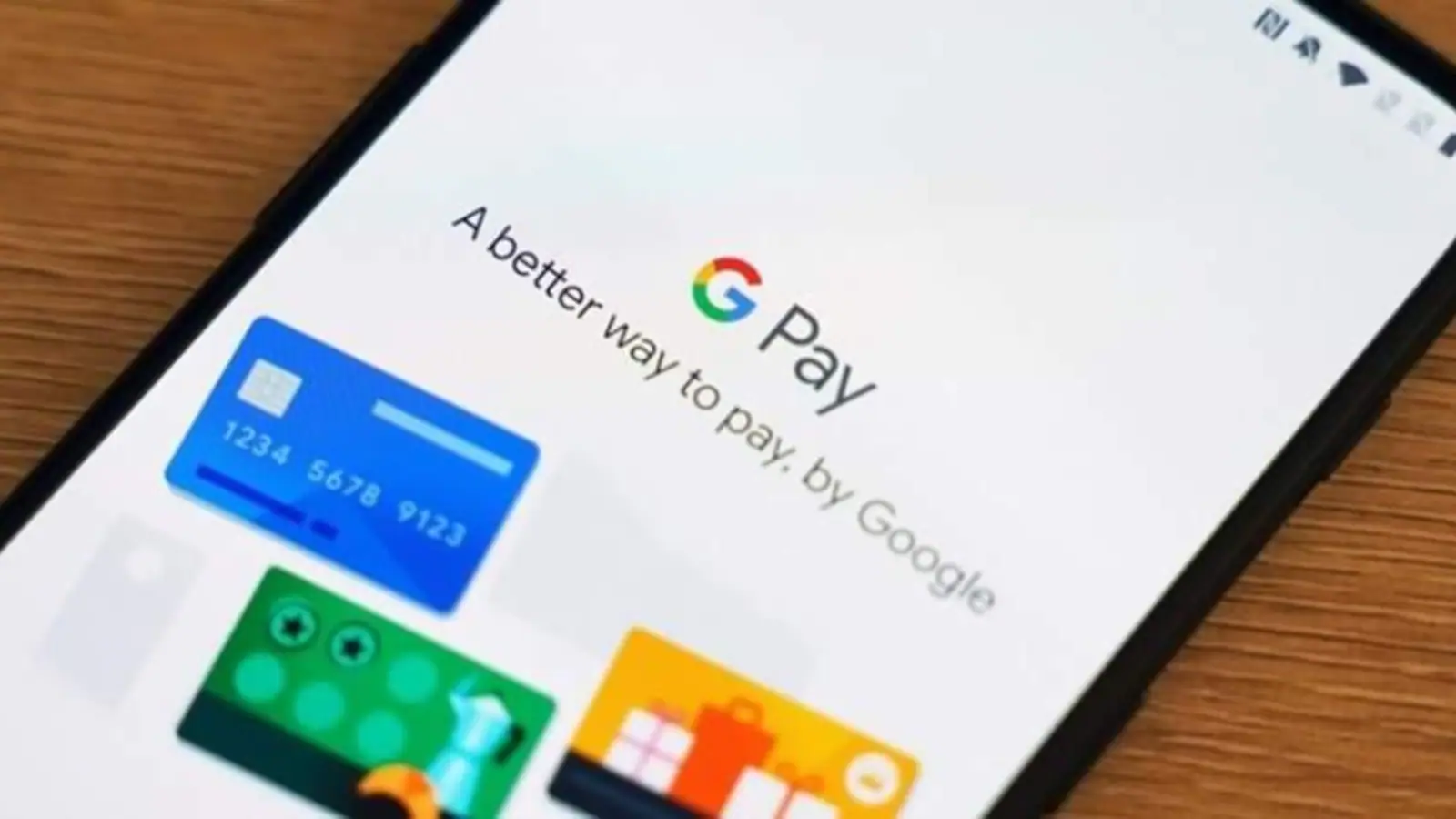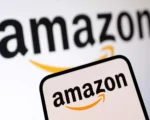PhonePe’s UPI Market Share Jumps to 48.3% from 37% Since April 2020
India will once again delay implementing caps on market share for digital payments, sources told Reuters. This decision benefits major players like Google Pay and Walmart-backed PhonePe, as authorities focus on fostering growth rather than addressing market concentration concerns.
The National Payments Corporation of India (NPCI), which acts as a quasi-regulator, will extend the year-end deadline by up to two years. The original plan was to cap any single company’s market share at 30 percent for payments processed via the Unified Payment Interface (UPI), but this will now be postponed.
PhonePe has significantly increased its market share of UPI payments, rising to 48.3 percent from 37 percent in April 2020. Meanwhile, Google Pay’s share has declined to 37.4 percent from 44 percent during the same period, according to NPCI data. Combined, these two platforms processed a staggering 11.5 billion transactions in April.
The delay in implementing market share caps underscores the government’s current priority of expanding the digital payments ecosystem. By postponing these restrictions, authorities aim to ensure continued growth and innovation in the sector, which has seen exponential adoption in recent years.

However, this decision also raises questions about the long-term implications of market concentration. While the immediate focus is on growth, the dominance of a few major players could potentially stifle competition and innovation in the future.
As the situation evolves, stakeholders will need to balance the objectives of growth and equitable market distribution to ensure a healthy, competitive digital payments landscape in India.
The central bank met on Tuesday with industry executives to brainstorm on ways to expand the UPI user base, which was about 300 million users and 50 million merchants late last year, according to the most recent data.


















